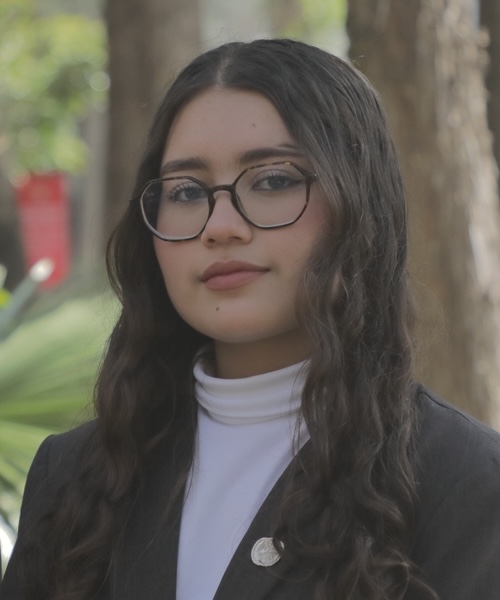In a world marked by overwhelming complexity, where theories abound and injustice seems endless, one can often feel powerless. The Global Citizenship Fellows Program, along with the International Association of Jesuit Universities (IAJU) Assembly 2025, arrived as a breath of fresh air, a pause in the storm, reminding me that we are not alone in this journey. Across borders, time zones, and languages, I encountered women, men, and communities deeply committed to building a more just and compassionate world. It was not only a space of learning, but a moment of profound reawakening.
Throughout the program, there were countless meaningful conversations and activities. But two stood out deeply: the In Your Shoes workshop we participated in through the Berkley Center and the IAJU Assembly sessions on global Jesuit action. The first taught me that dialogue is not a performance, but a sacred space of encounter. We do not listen only with our ears, but with our entire bodies –with our eyes, our silences, and our hearts. The Assembly, in turn, reminded me that to be a global citizen is to be part of something far greater than ourselves. It’s about mission. It’s about being sent forth.
What moved me most was discovering who I am through my relationship with the other. It was embarking on a journey to become the person I am meant to be—someone whose goal is to serve others. In dialogue and deep conversations with my fellows, I was transformed. I began to see myself not as someone gathering knowledge for personal success, but as water meant to flow toward the cracks of injustice. We are called to be for others.
In this sense, social inequality has long been at the center of my understanding of global injustice. I had already recognized that many of today’s most pressing challenges, whether economic, environmental, gender-based, or political are not isolated phenomena, but rather manifestations of deeper structural violence. These systems are not broken by accident; they function precisely as they were designed to, serving the interests of a privileged few while systematically excluding others.
What the Global Citizenship program offered me was not a new diagnosis, but a renewed lens. It reaffirmed my belief that inequality is a product of deliberate structures, of a zero-sum game in which the privilege of some is sustained at the expense of many. But beyond that, it helped me understand that transformation is only possible when it is shared. Dialogue, solidarity, and communal action are not optional, they are the foundation of any just world.
From this perspective, global citizenship, especially one rooted in Jesuit values, cannot be neutral. It calls us to walk toward the margins, to listen deeply, and to act not just in service, but in solidarity. It urges us to imagine a world where systems do not simply “include” those left behind, but are co-built with them from the ground up. Because justice, as the Jesuit tradition teaches us, is always communal, always rooted in accompaniment, and always for the benefit of all humankind.

